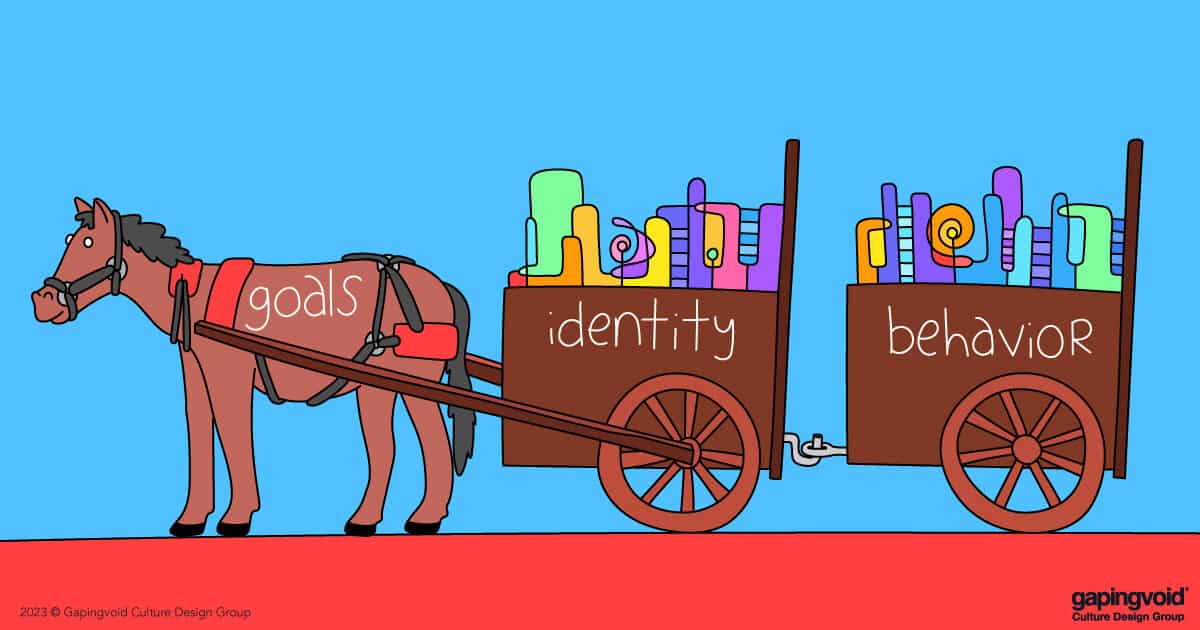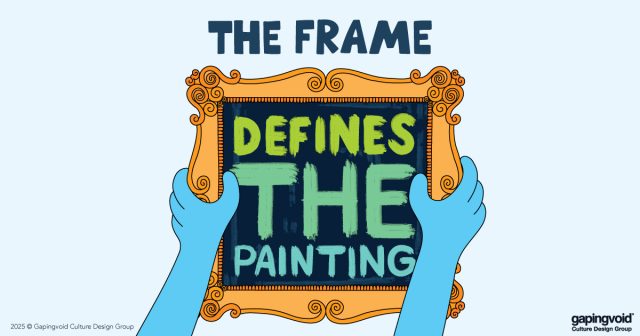
The French are at it again. They first had the idea of rioting en masse during the French Revolution back in 1793 (the same year they beheaded their monarch) and they’ve been at it ever since.
They probably got the idea from the Romans, who rioted every time the free grain supply from Egypt was cut off. Now, they’re rioting because President Macron wants to raise the retirement age from 62 to 64.
Unlike other French riots throughout history, which achieved a number of important gains (i.e. the establishment of the First French Republic; changes to higher education and increased workers’ rights due to the May 1968 protests; and more recently the abandonment of the proposed fuel tax hike) this riot may be unfounded.
It’s pretty clear that France cannot afford its generous pension scheme long term. Not unlike other countries, it’s running out of adults under fifty to pay for the elderly’s retirement. So why even bother fighting it? Anyone with a third-grade education can do the math, the sums simply don’t add up. Macron has little choice but to move forward on this.
Setting aside the fact that Macron’s elite background rubs many French people the wrong way, making them dislike the policy simply because they don’t like him, this change in policy fundamentally threatens the French identity.
And identity is everything.
When someone has a firm identity, it offers them a system of actions and a web of behaviors, that align with it (i.e. people like us, do things like this). It also offers them a role in the structure of society; a defined place and purpose in the social hierarchy.
AKA “people who have reached 62 in France are well supported and looked after.” These guideposts offer us a comfortable and predictable nook in the cultural fabric we belong to.
People in France who were looking forward to their retirements had an identity, and a well-earned one. It told them how they would be encouraged to act, how their society would treat them, and what their future would be like. But when the retirement age was raised, the way they saw themselves changed in an instant.
When promises are broken and perceived fairness is breached, we are wired to turn to outrage.This is practical on the societal level. The social contract is built on expectations of how we will be treated and how others will behave, and this tendency of ours is a disincentive to people who might otherwise breach it with impunity. The protests are both a reaction and a warning; a reaction to the breach that occurred, and a warning of what might happen if it is breached again.
Loss aversion is also a factor here. Humans are wired to feel the pain of loss more acutely than the pleasure of an equivalent gain. And the impact of loss aversion only compounds when identity is in play.
These riots reflect a larger societal struggle between tradition and progress. We all want to move forward, but at what cost? The French identity is deeply rooted in tradition and stability, and any change that threatens those values is bound to ignite strong reactions.
This is particularly pronounced in a country that has such a strong sense of cultural identity, but this isn’t just a French Problem. The declining birthrate, underfunded pensions, and massive government debt in Western societies will all change the social contract around retirement.
Stay tuned.
PS: We often discuss religion and politics. Not due to any religious or political affiliations but because they offer great examples of human behavior at scale.



